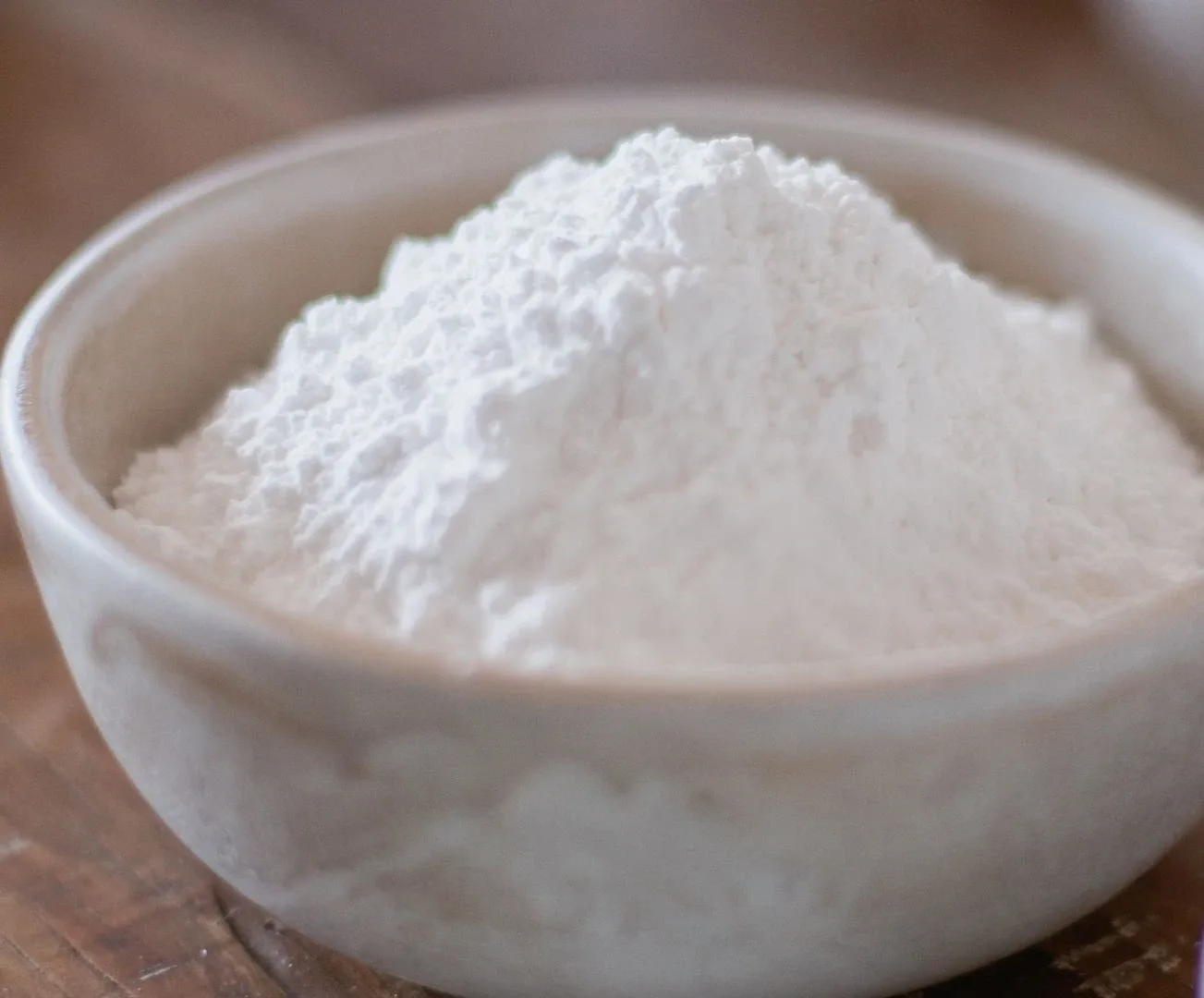IUPAC Name
Tetradecanoic Acid
Cas Number
544-63-8
HS Code
2915.90.20
Formula
C14H28O2
Industry
Palm Derivatives
Appearance
White Flakes
Common Names
Tetradecanoic acid
Packaging
25 Kg Polyethylene Laminated Bag
Brief Overview
Myristic acid, alternatively termed tetradecanoic acid, is a common fatty acid found in both plant oils and animal fats. It is extensively distributed in fats throughout the plant and animal realms, including commonly consumed human foods such as nutmeg. This fundamental fatty acid plays a vital role in the body, participating in the stabilization of diverse proteins, including those essential for the immune system.
Manufacturing Process
Myristic acid is produced industrially through the saponification of fatty oils. This process involves hydrolyzing triglyceride chains, forming fatty acid chains and glycerine. After separation, the fatty acid chains are purified via fractionation under vacuum conditions. The final step is collecting the distillate of myristic acid, ensuring a composition of at least 99%. However, obtaining a higher concentration of myristic acid content requires an advanced fractionation design and increased energy input, considering the specific composition of myristic acid.
Cosmetic Industry
In the cosmetic sector, myristic acid is employed to create isopropyl myristate, particularly useful for skincare products requiring effective skin absorption. It serves as an emulsifier in facial creams.
Plastic Industry
Within the plastic industry, myristic acid functions as a plasticizer, intermediate substance, and both internal and external lubricant.
Other Applications
Myristic acid finds various applications as an anionic or non-ionic surfactant in chemicals, textiles, and food. Its uses extend to the production of surface active agents and chemical reagents. Additionally, myristic acid plays a role in topical medicinal formulations. Notably, it contributes to soap production by enhancing hardness, offering excellent cleansing properties, and producing a delightful, fluffy lather.
